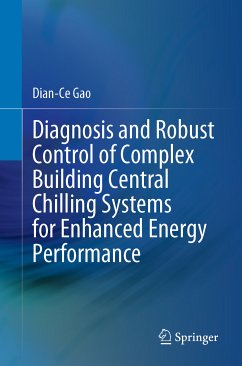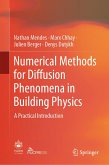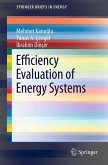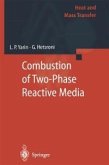This book discusses enhancing the overall energy performance of building central air-conditioning systems through fault diagnosis and robust control strategies. Fault diagnosis strategies aim to determine the exact cause of problems and evaluate the energy impact on the system, while robust control strategies aim to manage chilled water systems to avoid the occurrence of low delta-T syndrome and deficit flow problems. Presenting the first academic study of the diagnostic method and control mechanism of "small temperature difference syndrome", the book describes the highly robust and adaptive fault-tolerant control method developed to overcome the influences of external disturbance on the process control in practical applications. The diagnostic technology developed provides a predictive assessment of the energy dissipation effect of the fault. This book is a valuable reference resource for researchers and designers in the areas of building energy management and built environment control, as well as for senior undergraduate and graduate students.
Dieser Download kann aus rechtlichen Gründen nur mit Rechnungsadresse in A, B, BG, CY, CZ, D, DK, EW, E, FIN, F, GR, HR, H, IRL, I, LT, L, LR, M, NL, PL, P, R, S, SLO, SK ausgeliefert werden.
Hinweis: Dieser Artikel kann nur an eine deutsche Lieferadresse ausgeliefert werden.









